GetRadi fellows
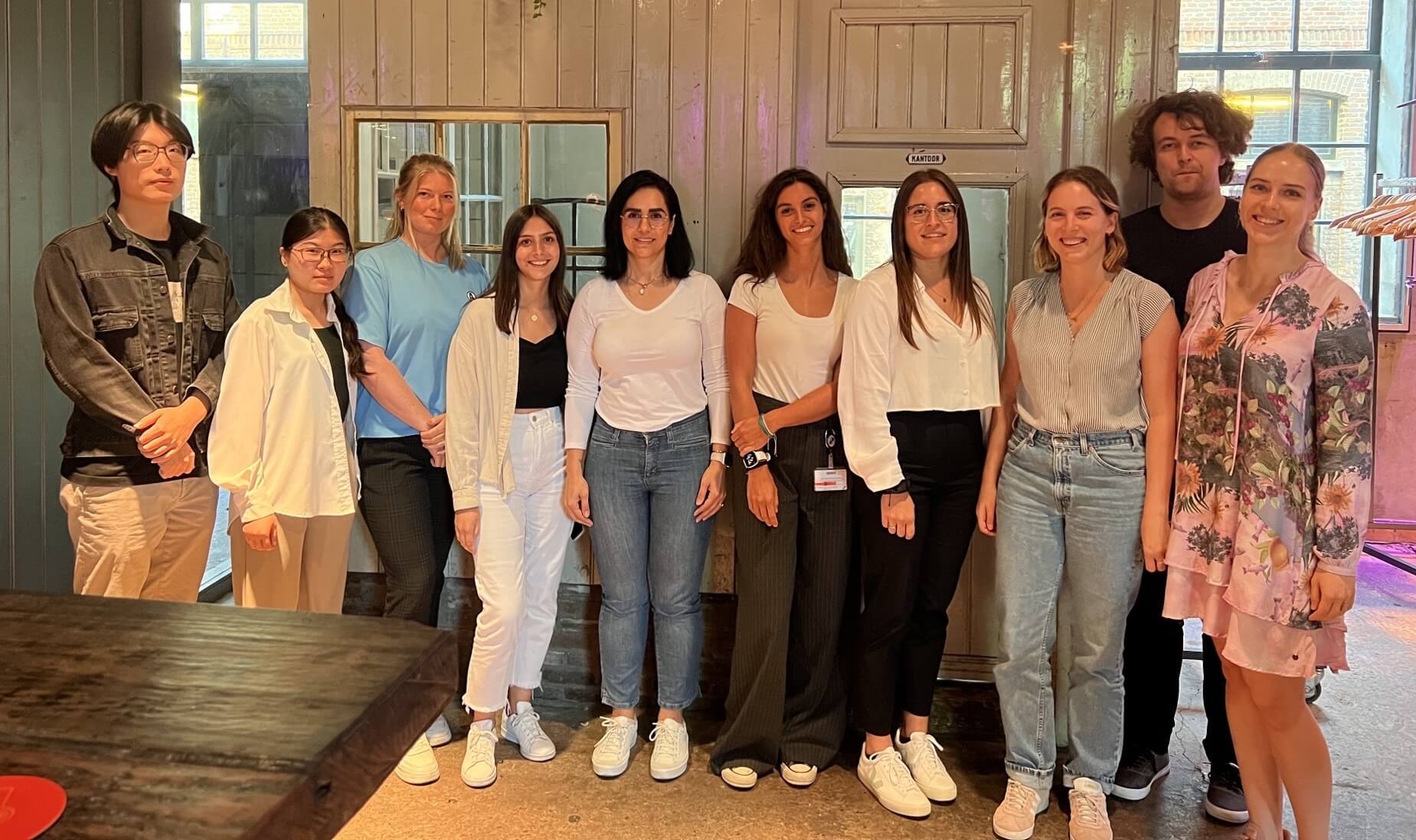
Ten fellows were recruited within the GetRadi network to receive exceptional local and network-wide training. Meet the future experts on gene therapy of rare diseases:
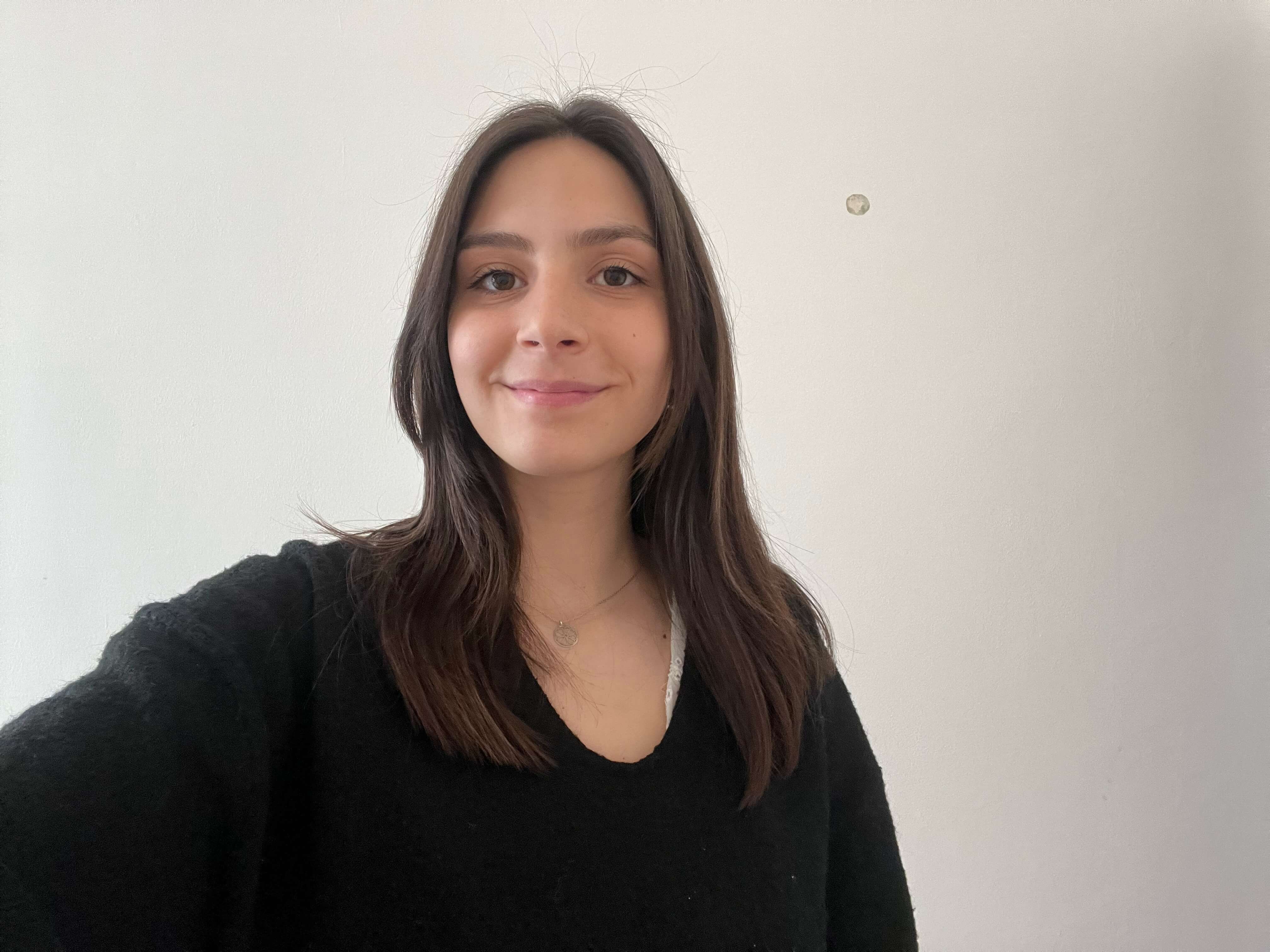
Name: Matilde Vale
Nationality: Portuguese
Academic Background: B.Sc. in Biochemistry, M.Sc. in Biochemistry for Health
Workplace: Laboratory of Transgenic Models of Diseases and Czech Centre of Phenogenomics, Institute of Molecular Genetics of the Czech Academy of Sciences
Prumyslova 595, 252 50 Vestec, Czech Republic
Supervisor: Radislav Sedlacek
Co-supervisor: Eleni Papanikolaou
Project Title: Development of therapeutic exosomes and gene therapy for Diamond Blackfan Anemia (DBA)
Project Aim: In this project, we aim to develop a gene therapy treatment for Diamond-Blackfan Anemia (DBA), a condition in which the bone marrow fails to produce red blood cells, using a DBA mouse model. The aim is to develop exosomes and other delivery methods, such as lentivirus and adeno-associated virus, to correct mouse hematopoietic stem cells (HSC) using site-specific nucleases, followed by in vivo analysis of the DBA mouse model.
Expected Outcome: The expected outcome of this project is the development of therapeutic approaches based on exosomes and viral vectors for the correction of hematologic disorders, as well as the establishment of gene therapy treatment for DBA in a model system.
Contact: ana-matilde.vale@img.cas.cz
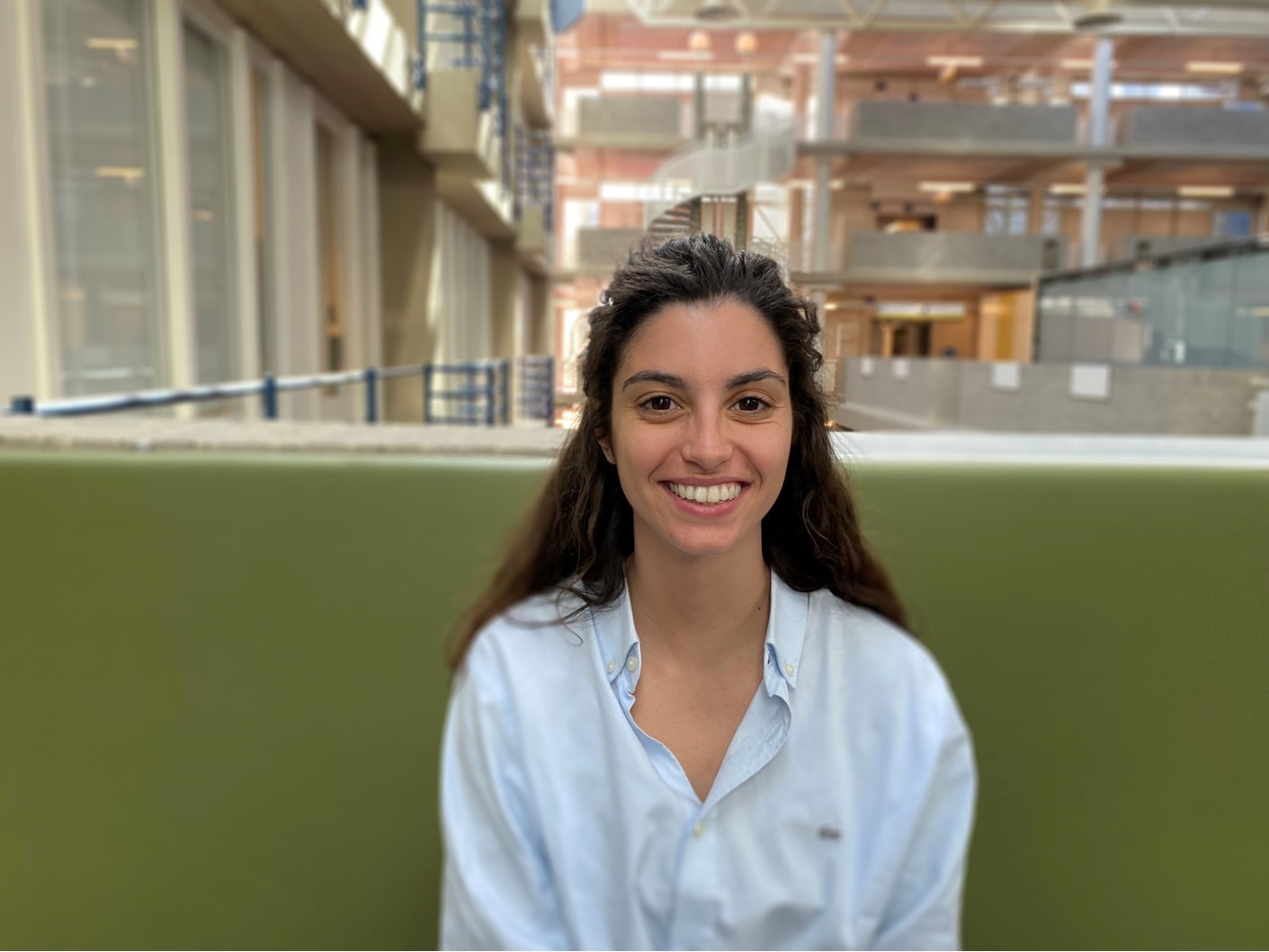
Name: Sabrina Capelletti
Nationality: Italian
Academic Background: MSc in Biotechnology and Medical Biology, Vita-Salute San Raffaele University, Milan
Workplace: Department of Molecular Cell Biology, Leiden University Medical Center
Albinusdreef 2, PO box 9600, 2300 RC Leiden, The Netherlands
Supervisor: Manuel A.F.V. Goncalves
Co-supervisor: Gerben Zondag
Project Title: Adenovector particles-mediated gene therapy of Duchenne Muscular Dystrophy
Project Aim: Investigation of chromosomal DNA cutting-free genome editing systems as advanced therapeutic approaches for Duchenne Muscular Dystrohpy (DMD)
Expected Outcome: Establishment of programmable nuclease-free genome editing tools delivered by adenoviral vector particles enabling the assessment of DMD phenotype endpoints in human muscle cell models
Contact: s.capelletti@lumc.nl
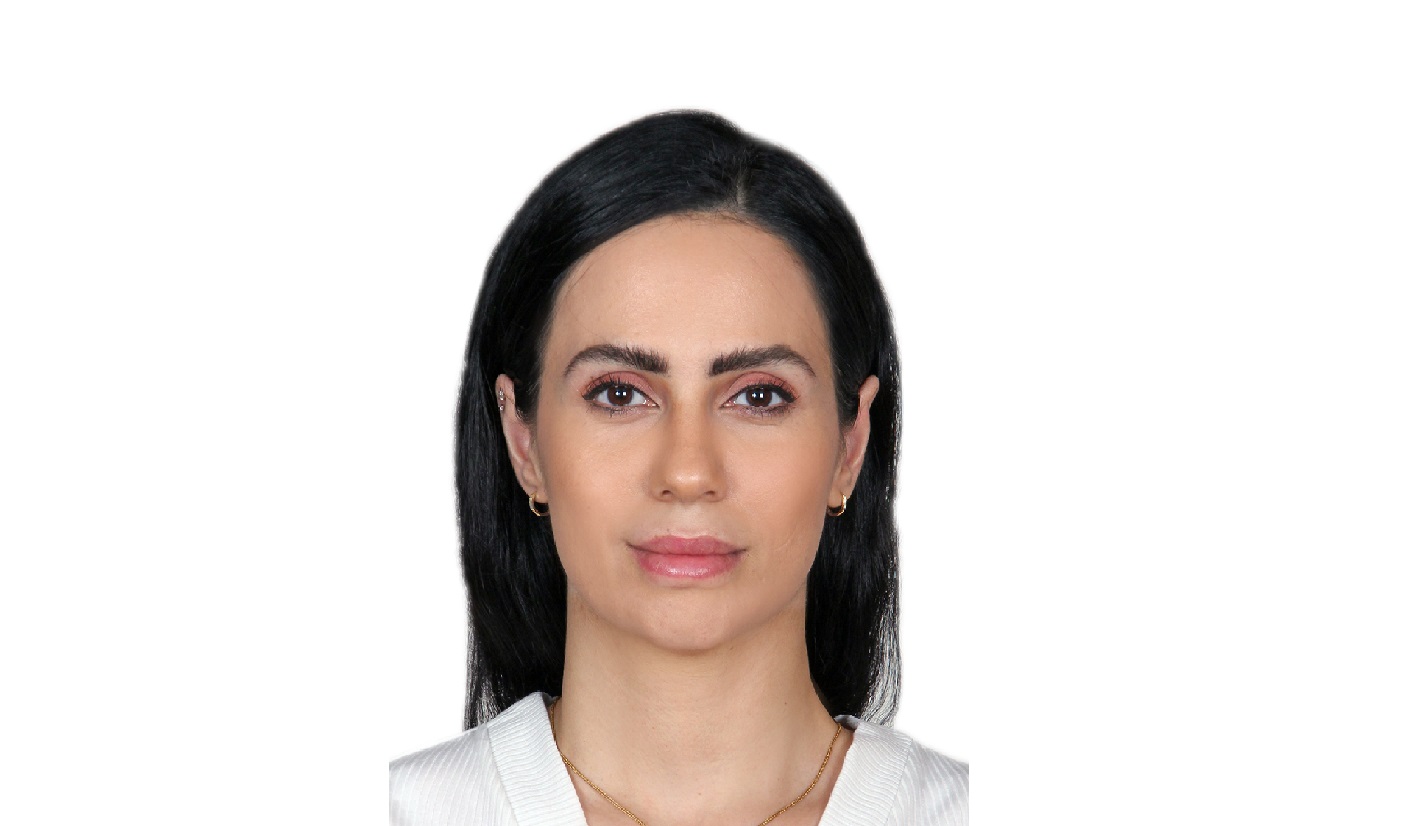
Name: Maryam Taghdiri
Nationality: Iranian
Academic Background: MSc in Clinical Immunology, Ahvaz Jundishapur University of Medical Sciences (AJUMS), Iran
Workplace: University of Freiburg medical center
Supervisor: Dr. Claudio Mussolino
Co-supervisor: Dr. Eleni Papanikolaou
Project Title: Establishing a novel system to deliver gene editing components to target cells using lipid nanoparticles with the goal of developing a new gene therapy approach for Hyper IgE syndrome
Project Aim: Testing different lipid nanoparticle formulations to establish the safe and most efficient system to deliver genome editing components to primary human hematopoietic cells (HSC) and T cells with the goal of correcting genetic mutations causing Hyper IgE syndrome (HIES)
Expected Outcome: Establishing a novel system to deliver gene editing components to target cells using lipid nanoparticles.
Contact: maryam.taghdiri@uniklinik-freiburg.de

Name: Aleksander J. Nowak
Nationality: Polish
Academic Background: MSc in Pharmaceutical Biotechnology, Wrocław University of Science and Technology
Workplace: Copenhagen Center for Glycomics, Department of Cellular and Molecular Medicine
Maersk Building 07-10, Blegdamsvej 3B, DK-2200 Copenhagen N, Denmark
Supervisor: Prof. Hans H. Wandall
Co-supervisor: Dr. Roberto Nitsch
Project Title: IMGENE tool-based gene therapy of Recessive dystrophic epidermolysis bullosa (RDEB)
Project Aim: Application of enhanced CRISPR/Cas9 toolbox, developed by the IMGENE consortium, in order to in vitro treat the mutated genes in keratinocytes in the organotypic skin model, derived from the patient affected by the epidermolysis bullosa.
Expected Outcome: Delivery of novel technological and physiological insights required for the development of curative treatments for patients suffering from all types of epidermolysis bullosa.
Contact: anowak@sund.ku.dk
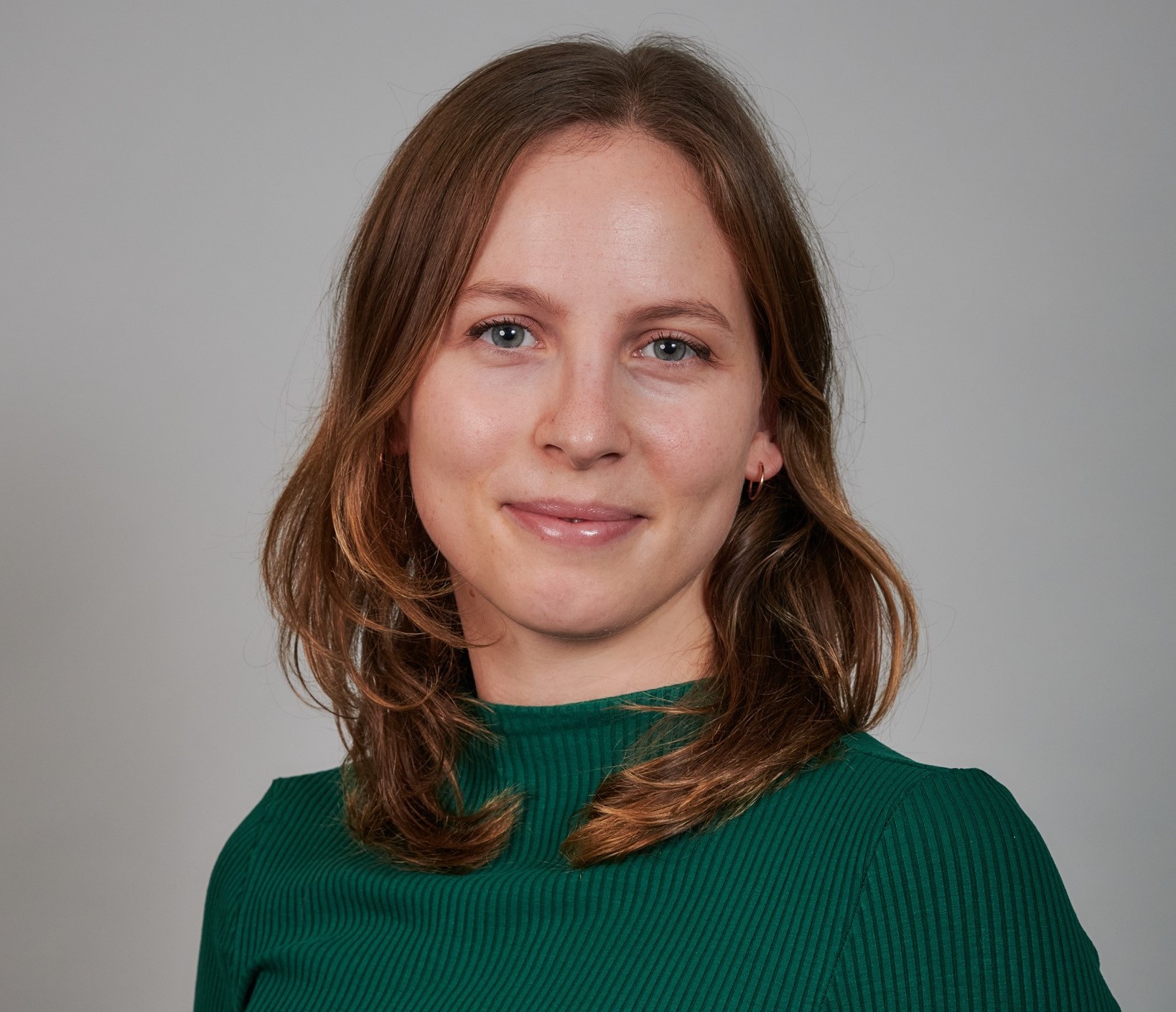
Name: Astrid Mentani
Nationality: Italian
Academic Background: I completed my bachelor’s degree in biology at the University of Bonn (Germany), where I collaborated as a Bachelor Student in the group of Prof. Sandra Blaess.
I completed my master’s degree at the Aachen University of Applied Science, while I carried out my master thesis in the Department of Neuroscience and Rare Diseases at Hoffmann-La Roche in Basel (Switzerland).
Workplace: AstraZeneca, Gothenburg, Sweden
Supervisor: Marcello Maresca
Co-supervisor: Hans H. Wandall
Project Title: Therapeutic genome editing of Cystic Fibrosis using PEn and PRINS
Project Aim: Cystic Fibrosis is a disease where the mutation of the CTFR gene leads to the build-up of thick, sticky mucus in the lungs and other organs, making it difficult to breathe and increasing the risk of infection. In this project, we aim to find a therapeutic approach for this disease, by using the latest genome editing technologies, such as Prime Editing and PRINS, that represent a more promising solution to make precise, permanent changes to the endogenous CFTR gene.
Expected Outcome: We expect to improve and optimize the latest genome editing technologies, such as Prime Editing and PRINS, to be able to use this as therapeutic approach for Cystic Fibrosis.
Contact: astrid.mentani@astrazeneca.com
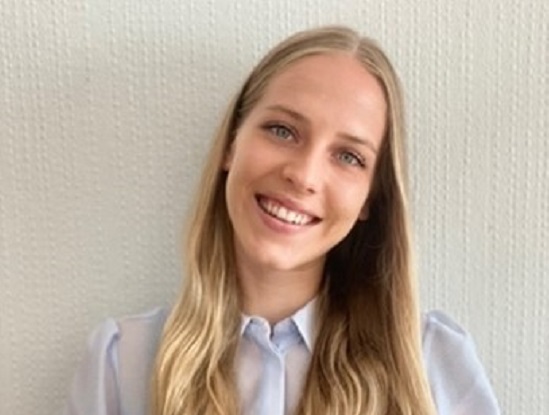
Name: Louise Bomholtz
Nationality: Danish
Academic Background: M.Sc. degree in Pharmaceutical Design and Engineering, The Technical University of Denmark (DTU)
Workplace: Max-Delbrück-Centrum für Molekuläre Medizin (MDC)
Supervisor: Dr. Ralf Kühn
Co-supervisor: Marcello Maresca
Project Title: Establishing gene therapy tools for IRF2BPL-related neurodevelopmental disorder using base editing and prime editing
Project Aim: Establishing base- and prime editing for the correction and restoring of heterozygous point mutations and indels in IRF2BPL-related neurodevelopmental disorder. Resulting in the generation of 3D organoids, that mimics the phenotypical characteristics of the cellular composition for the brain to determine the correct delivery method.
Expected Outcome: To increase the gene correction efficiency of patient specific mutations by the establishment and selection of a cell-specific delivery method for the delivery of the gene therapy tool of interest to the iPS-derived astrocytes and neurons. Succeeding the restoring of the IRF2BPL-related neurodevelopmental disorder with limited indel and off-target activity due to the absence of double stranded breaks.
Contact: louise.bomholtz@mdc-berlin.de
 Name: Xiubin He
Name: Xiubin He
Nationality: Chinese
Academic Background: Master’s degree in biology (Wenzhou Medical University, China)
Workplace: University of Copenhagen, Biotech Research & Innovation Centre
Ole Maaløes Vej 5, 2200 Copenhagen, Denmark
Supervisor: Cord Brakebusch
Co-supervisor: Dr. Marcello Maresca
Project Title: Influence of chromatin modification and actin polymerization on genome editing efficiency
Project Aim: The aim of this project is to identify novel molecular targets which can improve the efficiency of gene therapy of rare diseases.
Expected Outcome: We expect to discover proteins that regulate the efficiency of gene therapy of rare diseases. Small molecule inhibitors of these proteins could then be used to improve the curative treatment of rare disease patients by genome editing.
Contact: xiubin.he@bric.ku.dk
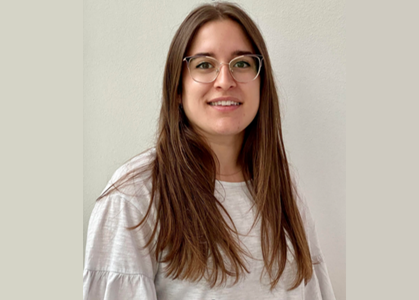
Name: Aurora Giommetti
Nationality: Italian
Academic Background: B.Sc. in Biotechnology – University of Florence, Italy (2020); M.Sc. in Medical Biotechnologies – University of Padova, Italy (2022)
Workplace: Miltenyi Biotec
Supervisor: Prof. Eleni Papanikolaou
Co-supervisor: Dr. Claudio Mussolino
Project Title: Maximizing safety and efficacy in hematopoietic stem cell (HSC) gene therapy
Project Aim: The aims of this research project are to provide further insights on the performance of the CliniMACS Prodigy® engineering system and to generate novel tools that can be used to maximize the efficacy and safety of the lentiviral transduction of Hematopoietic Stem Cells.
Expected Outcome: The expected outcome of this project is to advance our understanding of the CliniMACS Prodigy® engineering system for Hematopoietic Stem Cells (HSC). We also expect to further optimize this procedure in order to maximize the safety and the efficacy of the gene therapy applications in the field of HSC gene therapy, hopefully leading to the protocol validation.
Contact: aurorag@miltenyi.com
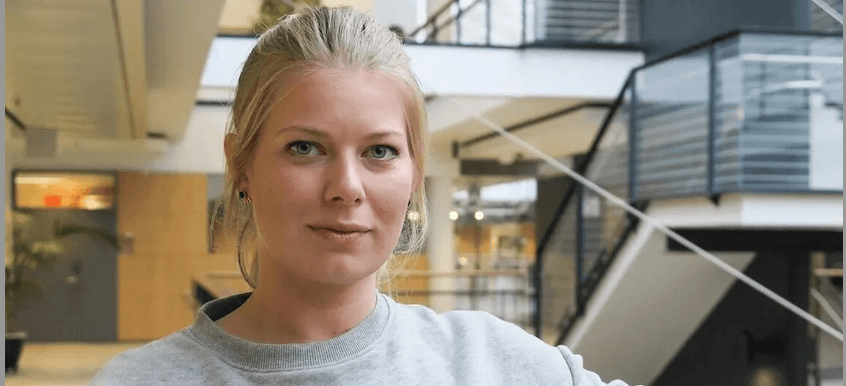
Name: Virpi Stigzelius
Nationality: Finnish
Academic Background: MSc and BSc in Genetics and Molecular Biosciences, University of Helsinki (Finland). Translational cancer research
Workplace: AstraZeneca R&D, Gothenburg Sweden
Supervisor: Roberto Nitsch (AstraZeneca)
Co-supervisor: Prof. Manuel Goncalves (LUMC)
Project Title: Increased safety of CRISPR-based genome editors by low immunogenicity Cas9 variants
Project Aim: Activation of the host immune response against the treatment modality is a major obstacle in therapeutic gene editing. My project aims to characterize how a key component of CRISPR-based therapies, Cas9-protein, activates the host immune response. Moreover, my aim is to mitigate the immune response activation with novel low immunogenicity Cas9 variants to improve treatment safety.
Expected Outcome: Through this project, we expect to increase the understanding of Cas9 host immunogenicity and utilize this knowledge in designing and validating low immunogenicity Cas9 variants, thus improving treatment safety.
Contact: virpi.stigzelius@astrazeneca.com

Name: Siang Li
Nationality: Chinese
Academic Background: Genome editing
Workplace: University of Copenhagen, Biotech Research & Innovation Centre
Ole Maaløes Vej 5, 2200 Copenhagen, Denmark
Supervisor: Cord Brakebusch
Co-supervisor: Roberto Nitsch
Project Title: Establishment of a fluorescence reporter mouse for the determination of the efficiency of in vivo genome editing
Project Aim: We will create a novel reporter mouse for the determination of the efficiency of in vivo genome editing. Then the reporter mouse will then be used to evaluate the efficiency of different in vivo and ex vivo genome editing methods.
Expected Outcome: Using this reporter mouse we will monitor the outcome of different gene therapy techniques for the treatment of rare diseases.
Contact: Siang.li@bric.ku.dk
